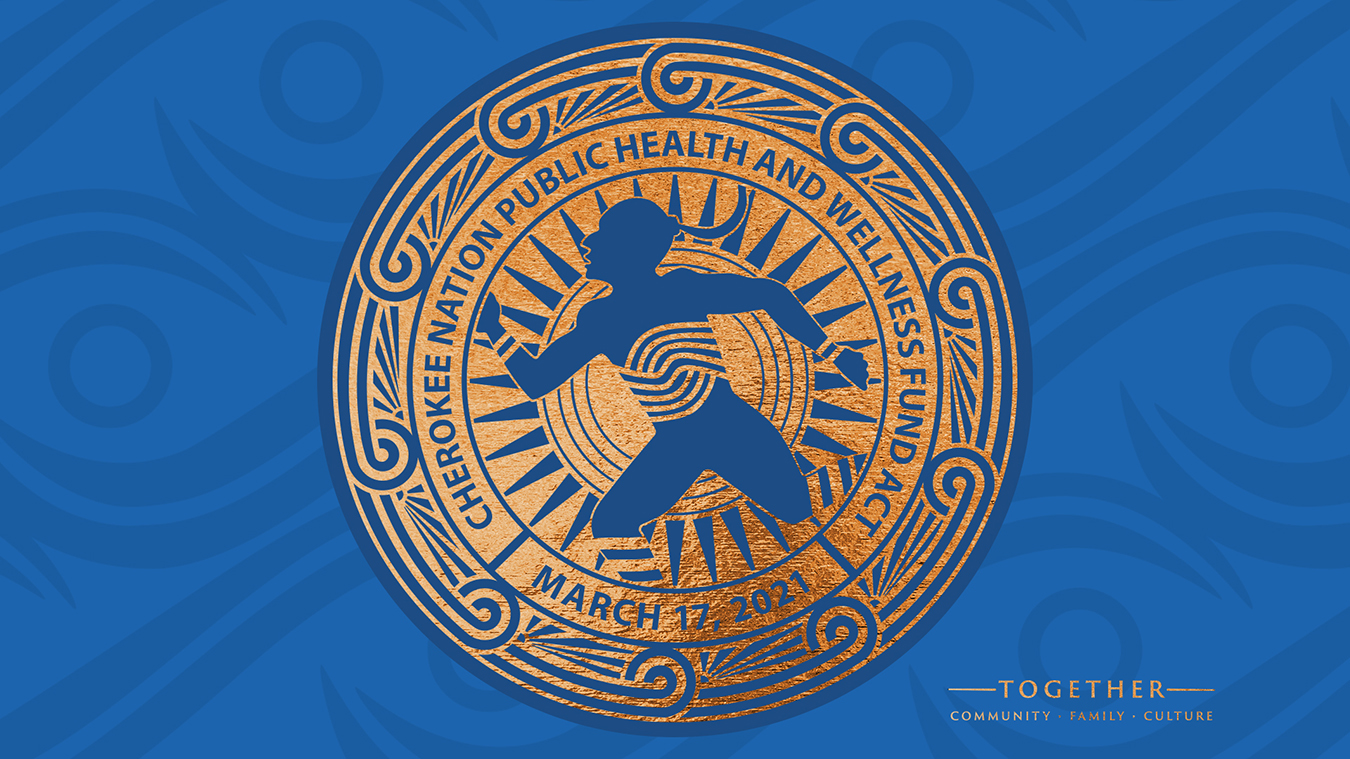TAHLEQUAH, Okla. - The Cherokee Nation will receive a $1.9M Tribal Opioid Response Grant to help address the opioid overdose epidemic and support Cherokees in recovery.
The White House recently announced that $1.5 billion was awarded to support states, tribes, and territories’ efforts to address the opioid crisis and support individuals in recovery.
In 2020, there were 18 deaths, 79 non-fatal drug overdoses, and 576 treatment admissions in seven counties among tribal citizens within the tribe’s reservation, according to Cherokee Nation’s grant.
The Cherokee Nation will use the funds to expand services in its Medication Assisted Treatment clinic at W.W. Hastings Hospital, as well as amplify services aimed for tribal citizens 18 years or older who live within the Cherokee Nation Reservation and identified with an opioid or stimulant substance use disorder and who need treatment or recovery support.
“Cherokee Nation, like much of the state of Oklahoma, continues to see a higher rate of overdoses of fentanyl and methamphetamines and these dollars will be essential to helping our tribal citizens with treatment, especially through medicated assisted treatment and more recovery support opportunities,” said Principal Chief Chuck Hoskin Jr. “Deputy Chief Warner and I have also committed $15 million in additional funds earlier this year to build treatment facilities as part of our overall commitment to addressing Public Health and Wellness within the Cherokee Nation Reservation for the betterment of our Cherokee people.”
The funds will also expand treatment recovery support and harm reduction services to more counties within the Cherokee Nation Reservation. Currently Cherokee Nation Behavioral Health provides services in nine Cherokee Nation health centers.
“These funds will allow us to expand treatment recovery support and harm reduction services into more counties, including Salina and Nowata, within the Cherokee Nation Reservation so we reach even more of our citizens in need,” Cherokee Nation Deputy Chief Bryan Warner said.
The U.S Department of Health and Human Services, through the Substance Abuse and Mental Health Services Administration (SAMHSA), awarded nearly $1.5 billion to support states, tribes, and territories’ efforts to address the opioid crisis.
The grants are part of SAMHSA’s State Opioid Response and Tribal Opioid Response grant programs. The grant programs provide funding to states, tribes and territories to increase access to treatment for substance use disorder, remove barriers to public-health interventions like naloxone, and expand access to recovery support services such as 24/7 Opioid Treatment Programs. The funding will also allow for increased investments in overdose education, peer support specialists in emergency departments, and other strategies that will help save lives in hard-hit communities.
“These funds will continue to help our Cherokee citizens who need treatment and support by offering more tools to help, training more providers on trauma-informed continuum care for tribal citizens with substance use disorders and better educating the community on destigmatizing substance misuse in order to create a recovery-oriented system of care,” said Juli Skinner, senior director of Cherokee Nation Behavioral Health.
The funds will support existing efforts to fight the opioid epidemic. Earlier this year, Chief Hoskin and Deputy Chief Warner officially enacted a revised “Public Health and Wellness Fund Act” using the tribe’s initial opioid settlement money to build drug treatment facilities and other opioid remediation, addiction prevention and treatment programs and also generate more funding for new wellness programs in the reservation by broadening the type of third-party revenue Cherokee Nation Health Services sets aside.
For more information on Cherokee Nation Behavioral Health call 539-234-3502 or call 539-234-3578 for Medication Assisted Treatment (MAT) Clinic for services specific to opioid misuse.
For more information on the grant visit https://www.whitehouse.gov.

